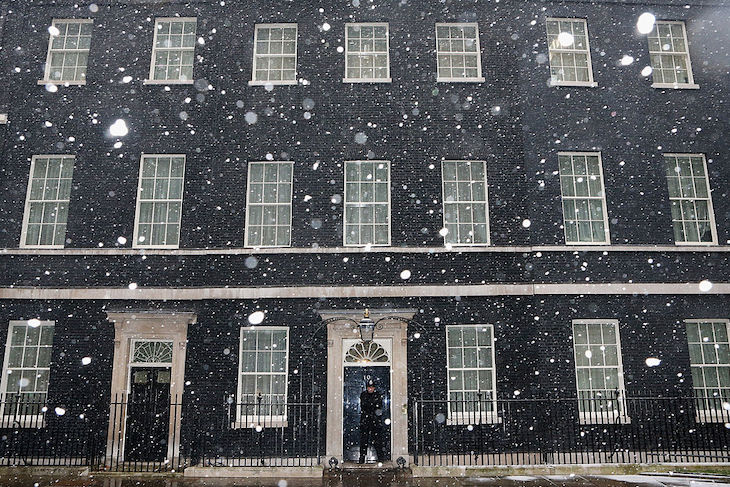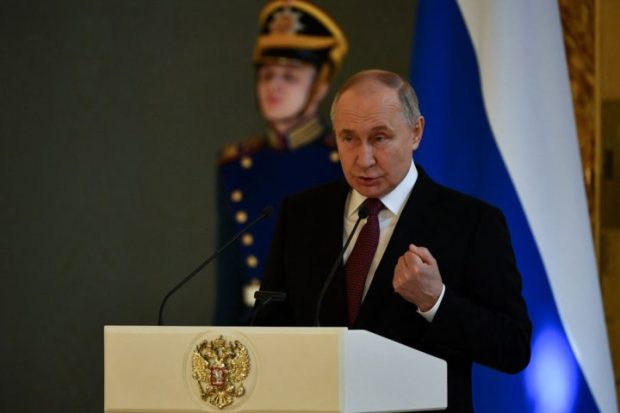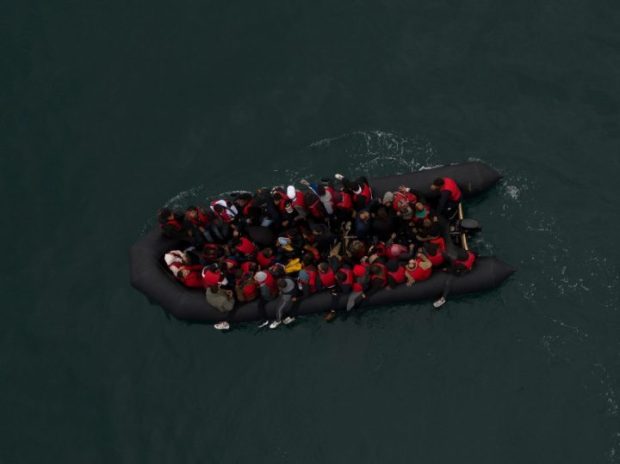Who will you feel most sorry for in the event of a December election? Election officials who will find many of the venues they normally use for polling stations already booked up for Christmas parties and school plays? Or party activists, who will have to go door-knocking in the cold and dark, maybe through horizontal sleet or snow? Perhaps it is the humble voter, who will find an election campaign impinges on their festivities?
Or maybe you have a hard heart and don’t much sympathise with any of them. You just want to know if holding an election in winter will make much of a difference to the outcome. If you are, I regret to have to tell you that the evidence isn’t terribly conclusive.
It’s common to hear claims about the effect that the weather will have on turnout, usually without much evidence to back them up. The problem is that we have had just 26 general elections in the last century; the number of cases is low and so many other things have changed in that time that sensible analysis is very difficult. Turnout was higher in the 1950s regardless of the weather, for example. The last time we had a December election was 1923, and it seems strange to think we can read much into turnout today based on an election that took place before women had the vote on the same basis as men.
Thankfully, there is a way around this, even if it’s not conclusive. We can look at local council by-elections, which occur when councillors retire or die. There are hundreds of these each year, and they take place throughout the year, which produces lots more variation. One study based on turnout at more than 5,000 by-elections between January 1983 and December 1999 found that there was indeed a clear drop off in turnout once the weather got worse. Turnout averaged 37 per cent between April and June, but only 31 per cent between November and January.
However, since the turn of the century postal voting has become much more common – with postal voters now counting for more than one in five of all votes cast (another reason why it is often not sensible to compare elections with the past). A more recent study, based on a further 4,000 local by-elections since widespread postal voting was introduced, found that this reduced the variation in turnout caused by the weather, and for obvious reasons: if it’s tanking it down on polling day, you either get wet or you skip the visit to the polling station; if you have a postal vote you can just wait until the rain stops before popping to the post box. This reduced the overall difference when comparing April-June with November-January to four percentage points. All we can say with any confidence is that holding an election in December will probably reduce turnout, although we’re much less certain about the scale of any difference.
Campaigning these days anyway isn’t just volunteers knocking on doors in a way that would have been familiar to Attlee or Churchill, but online, by phone, through direct mail, and all over the broadcast media (debates, interviews and so on). Most of this will be largely unaffected by the weather, although we might want to add to our list of those we have sympathy for the poor postal workers who will have to deliver bulk mailings from parties, millions of polling cards and postal votes in addition to the normal mass of Christmas post.
Things become even harder when you start to consider the differential partisan effect of any of this. Will the bad weather or a lower turnout affect one party more than the other? On balance, a winter election is probably logistically harder for Labour than the Conservatives. In recent elections, Labour have benefited from their mass membership giving them a ground war advantage that should, at least in part, be reduced by the weather. Plus, the large scale rallies which underpinned the Corbyn campaign in 2017 will become harder to hold. Postal voters also tend to be disproportionately older (and so Conservative), which might also benefit the Tories.
On the other hand think about some of the broader political issues involved in a December election. Imagine we have a really brutal winter. (I say ‘we’, although I’m currently living in Hong Kong, and the weather here will be delightful in December. I promise I will be thinking of you, though). Imagine there are major transport problems or power cuts as a result of the weather. How will it look for politicians to be campaigning in such circumstances? Or imagine we have a winter NHS crisis. How would that affect the narrative of the election? Who will get the blame? Of course events, dear boy, events (as Macmillan famously didn’t say) can happen at any time and derail even the best campaigns, and it is always difficult to predict how things might play out (as was proved in 2017), but the likelihood must be that the Conservatives have more to lose from events than Labour.
Given that we might well end up not having a December election, it is worth noting that most, if not all, of the arguments above apply to a January or even a February contest. If you are a party activist, now might be a good time to invest in a new coat.
Philip Cowley is Professor of Politics at Queen Mary University of London and one of the editors of Sex, Lies and Politics: the Hidden The Secret Influences That Drive our Political Choices, published by Biteback.
Got something to add? Join the discussion and comment below.
Get 10 issues for just $10
Subscribe to The Spectator Australia today for the next 10 magazine issues, plus full online access, for just $10.




















Comments
Don't miss out
Join the conversation with other Spectator Australia readers. Subscribe to leave a comment.
SUBSCRIBEAlready a subscriber? Log in